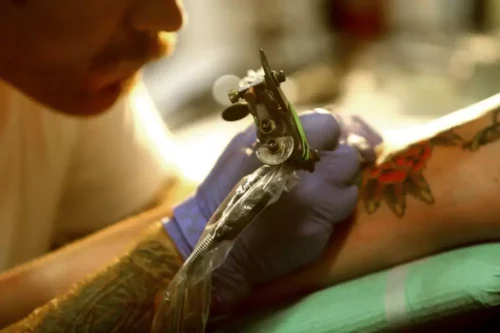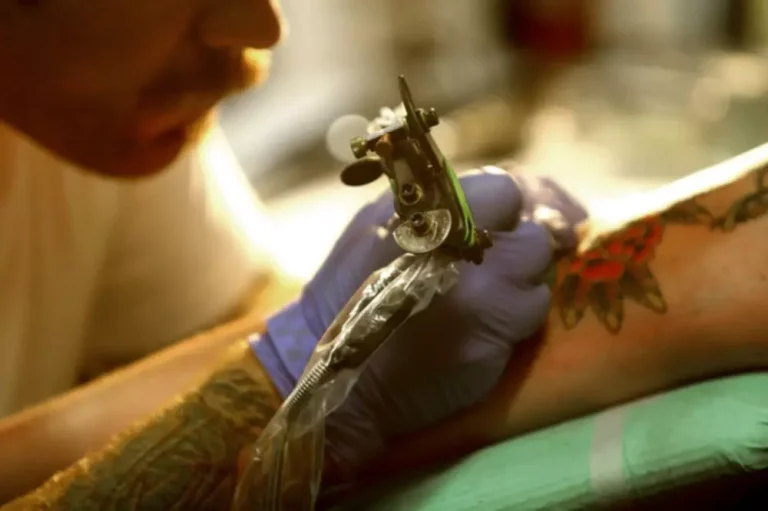
You have probably heard of different folk remedies for sobering up quickly, such as drinking a cup of coffee, taking a cold shower, or drinking lots of water. The half-life of alcohol is four to five hours, which represents how long it takes your body to get rid of half of the alcohol you have consumed. It takes five half-lives for your body to metabolize all of the alcohol you’ve had, anywhere between 20 to 25 hours on average.
Medications
- When you get to that point in your relationship with alcohol you will know that it is completely out of any and every system in your body.
- The detection time for alcohol in saliva is typically within 12 to 24 hours.
- The body generally eliminates 0.015 grams of alcohol per deciliter of blood each hour.
- If you’re struggling to stop drinking, home remedies won’t address the root issue, and stopping suddenly can cause withdrawal symptoms like anxiety or tremors.
If you’re experiencing severe symptoms of alcohol withdrawal, be sure to talk to a healthcare provider. A balanced diet not only supports your body’s detoxification processes but also improves your overall health, making it easier to recover from alcohol consumption. Your body processes alcohol through your liver, breaking it down into simpler substances that can be easily eliminated.
Understanding Alcohol Metabolism
Therefore, consuming alcohol on an empty stomach typically leads to quicker absorption and stronger effects. Alcohol is primarily metabolized in the liver through a series of enzymatic processes. The main enzyme responsible for breaking down alcohol is called alcohol dehydrogenase (ADH). Once consumed, alcohol enters the bloodstream and begins to affect the central nervous system almost immediately.
Why Is Mixing Drugs With Alcohol Dangerous Chart

Even if you’re coming off a history of moderate drinking, detox treatment gives you a better chance of making it through the detox stage and preventing relapse. Ultimately, it’s the withdrawal experience that poses the greatest challenge to getting alcohol out of your system. If you’re apprehensive about quitting drinking because of what withdrawal may hold, alcohol detox rehab can provide the supports needed to ease the process along. If you’re a social drinker or only consume large amounts of alcohol every now and then, it shouldn’t be too hard to clean out your system. On the other hand, someone with a long history of alcohol abuse will likely have a tougher time.

How Not to Get Alcohol Out of Your System
If you’re concerned about how to get alcohol out of your system, the bigger concern may be whether you need alcohol treatment. Often, people with alcohol use disorder will look for ways to get alcohol out of their systems quickly. Taking sleep medications while under the influence is extremely dangerous and can be life-threatening. Getting into water while you’re under the influence is dangerous. Alcohol is Sober living home a depressant, and intoxication greatly increases your chance of drowning. Still, alcohol can be detected in the system using different types of drug testing.

- Note that the body cannot get rid of acetaldehyde, converting it to carbon dioxide to remove them easily.
- Understanding alcohol metabolism is crucial for recognizing how long alcohol’s effects may last and the importance of pacing consumption to prevent intoxication and potential harm.
- It is important to drink plenty of fluids throughout the day to maintain hydration, but it is especially important if you want to flush alcohol from your system.
- There are no shortcuts when it comes to allowing your body sufficient time to process what you’ve consumed.
- In Canada, there are many myths about how to get alcohol out of your system.
- Wait until you’re no longer feeling the effects of alcohol before getting into a bathtub, hot tub, sauna, or pool.
If you or someone you love is struggling with drug abuse, seek help immediately. Alcohol metabolizes rather quickly; thus, a saliva test or breathalyzer test is used to confirm intoxication or recent drinking. These tests are used by emergency departments, police officers, and sometimes in rehab centers to ensure outpatient treatment participants are practicing abstinence. Traditional or older methods of testing can detect alcohol traces in urine for up to 24 hours. However, more recent methods that test for ethanol metabolites can detect alcohol even 72 hours after the last drink.
Modifying Your Diet to Speed up Your Metabolism
- That’s because most of the alcohol you drink is processed by the liver at a steady pace.
- The exact time of alcohol retention in your system cannot be determined as it may vary as per the factors discussed above.
- In low to moderate amounts, alcohol can have a euphoric and relaxing effect.
- While you cannot flush alcohol out of your system faster, there are a few things you can do to help yourself feel better and support your body as it recovers.
Essentially, feeling “drunk” is when your liver becomes too overwhelmed to properly process alcohol, so it overflows temporarily into your bloodstream. This is what causes you to feel light-headed or tipsy after multiple alcoholic drinks. Finally, exercising regularly can help to flush alcohol from urine. Exercise can help to flush toxins from the body, which can help to reduce the risk of a false positive on a urine test. Additionally, exercising regularly can help to reduce the amount of alcohol in the urine, which can also help to reduce the risk of a false positive. Taking a multivitamin can also help to flush alcohol from urine.
None of these will speed up how your body detoxes from alcohol and none of them will affect a toxicology test – unless the herbal supplement shows up on the test. On average, it takes five to seven hours before alcohol is completely removed from the body if you only have a couple of drinks. It is typically used in legal settings to check for impaired driving or underage drinking, employment to test for on-the-job alcohol consumption, or to test for alcohol poisoning. In some cases, it could also be used as a monitoring tool for someone who has alcohol use disorder. When acetaldehyde is present in the body, even if it’s just for a short time, it can cause damage to cells and tissues.
How Long Does It Take Your Liver to Detox From Alcohol?

Eating how to get ethanol out of your system a healthy diet can also help to flush alcohol from urine. Eating foods that are rich in fiber, such as fruits and vegetables, can help to flush toxins from the body, which can help to reduce the risk of a false positive on a urine test. Additionally, eating a balanced diet can help to reduce the amount of alcohol in the urine, which can also help to reduce the risk of a false positive. The most important tip for flushing alcohol from urine is to drink plenty of fluids.
